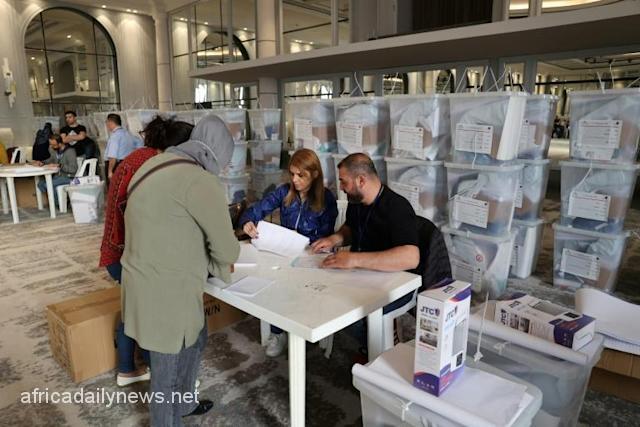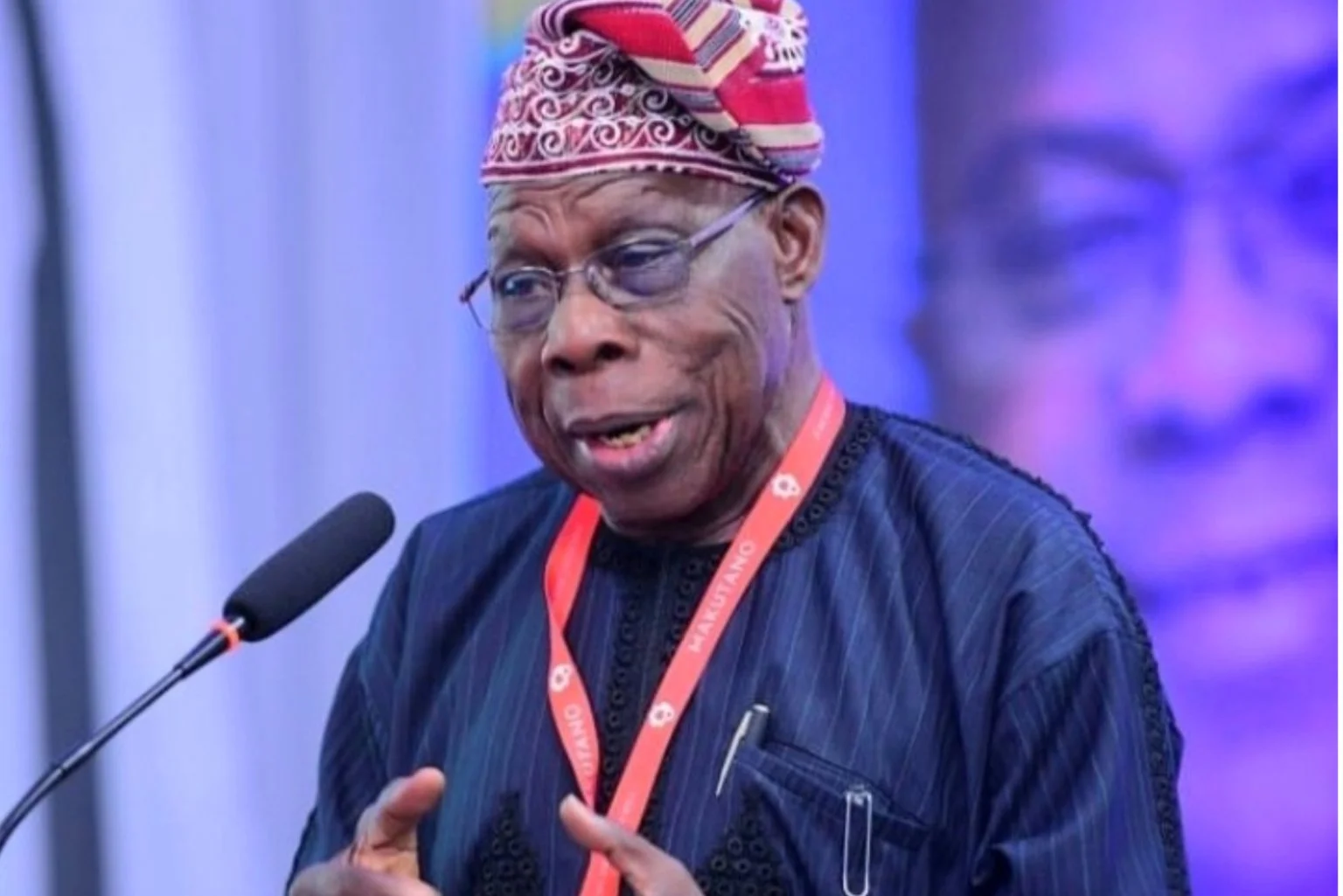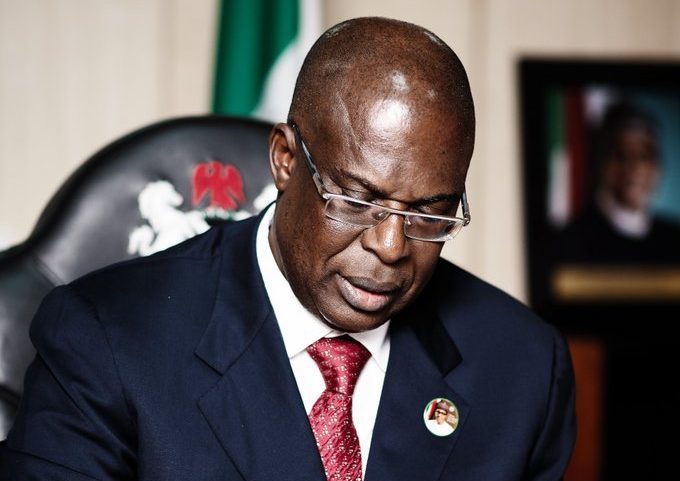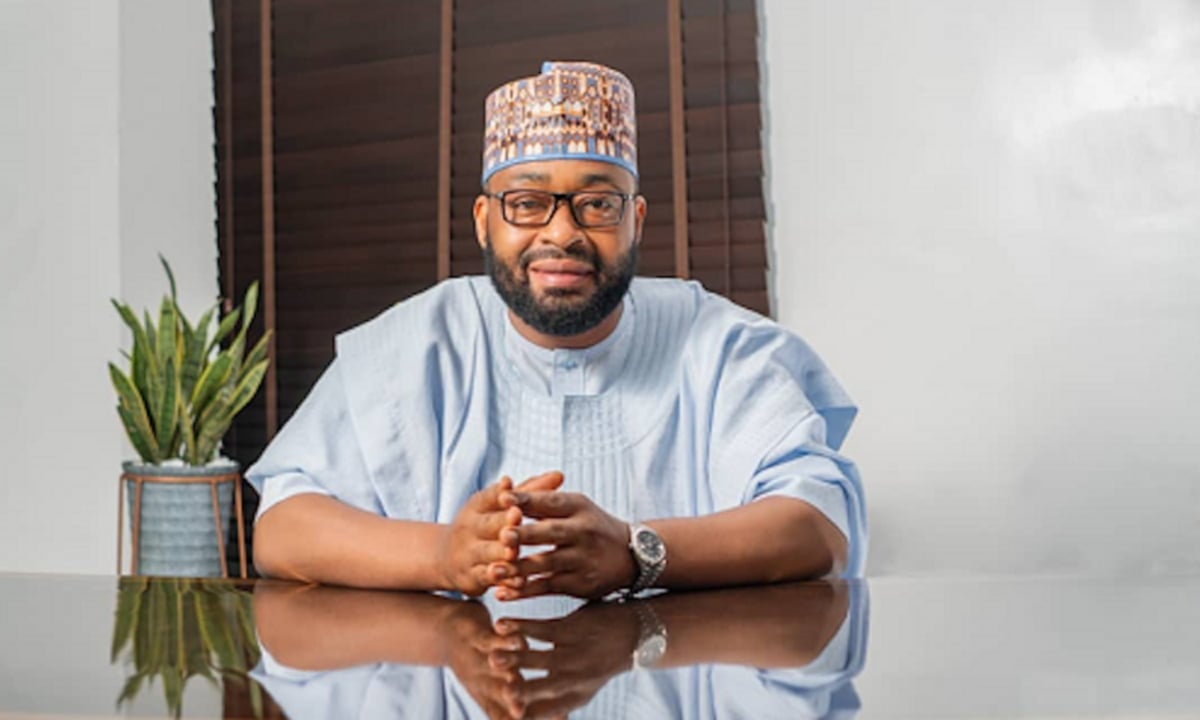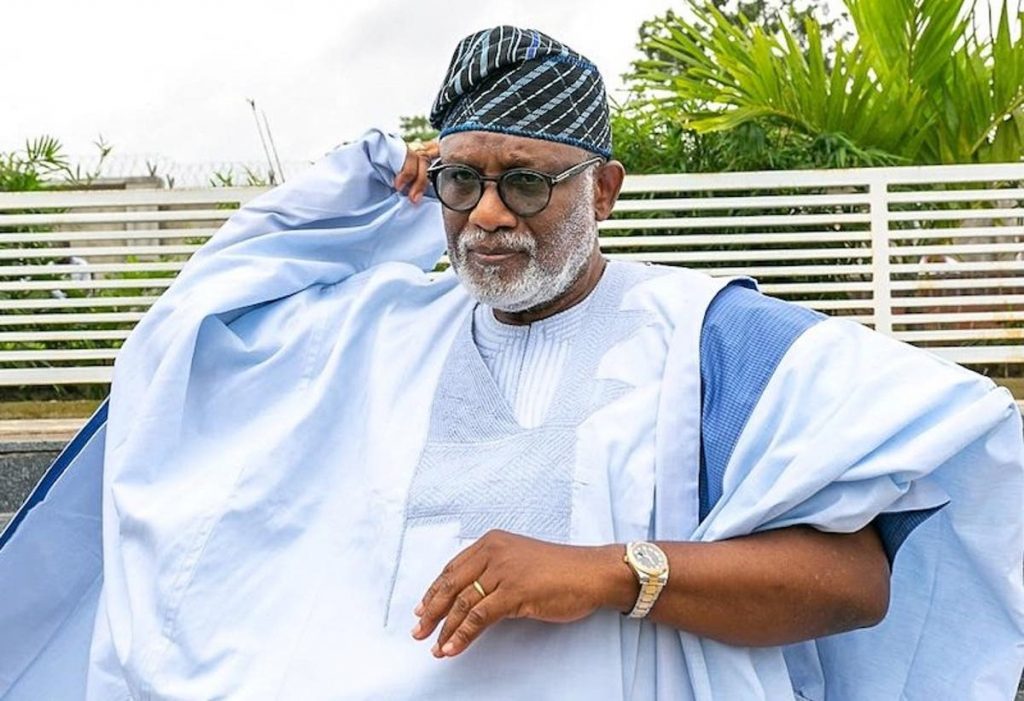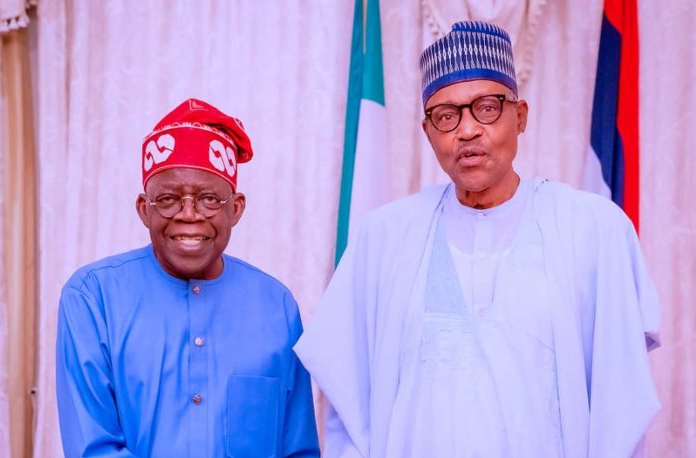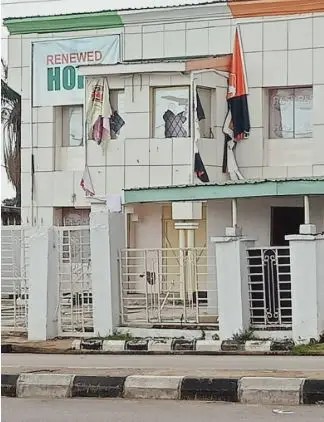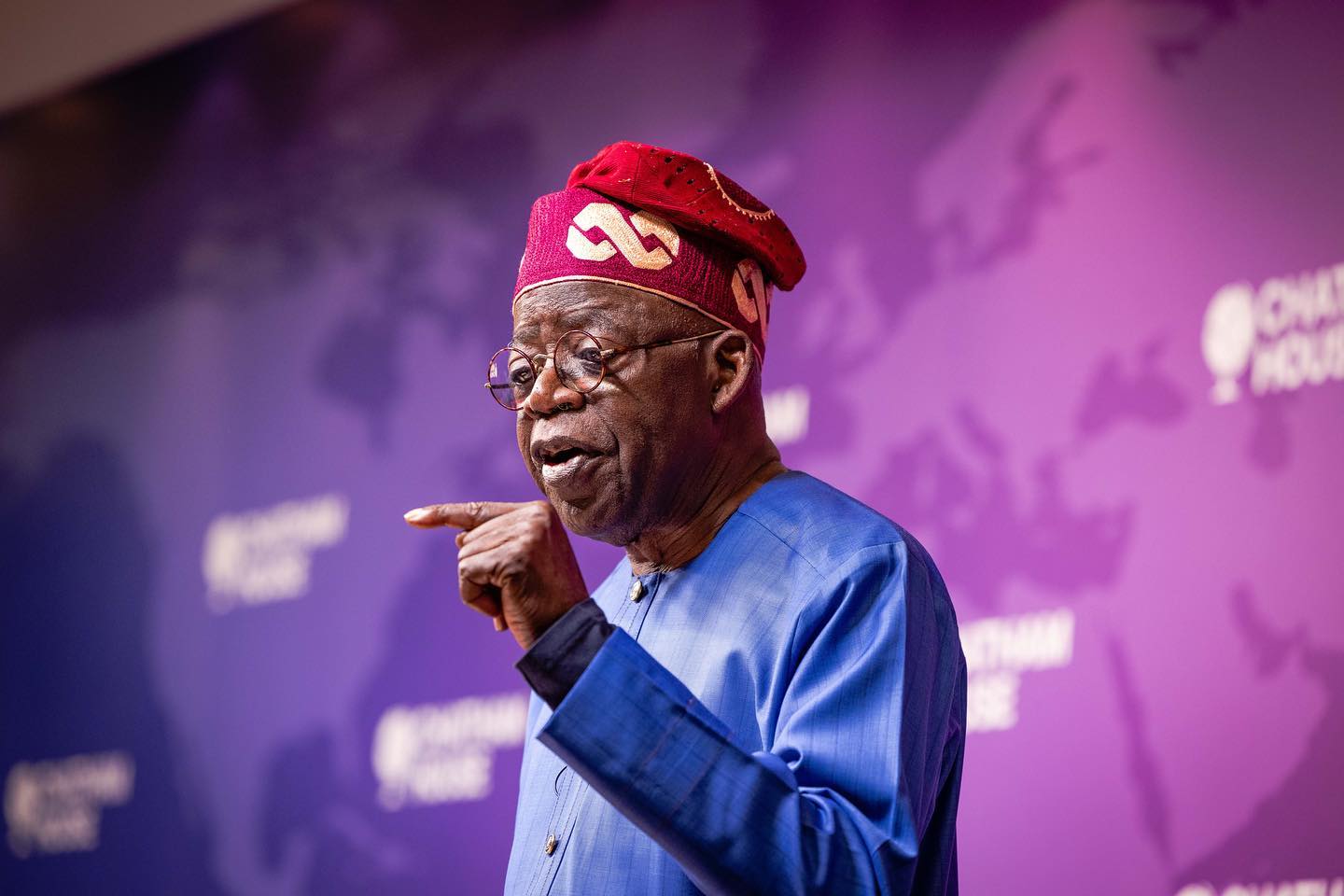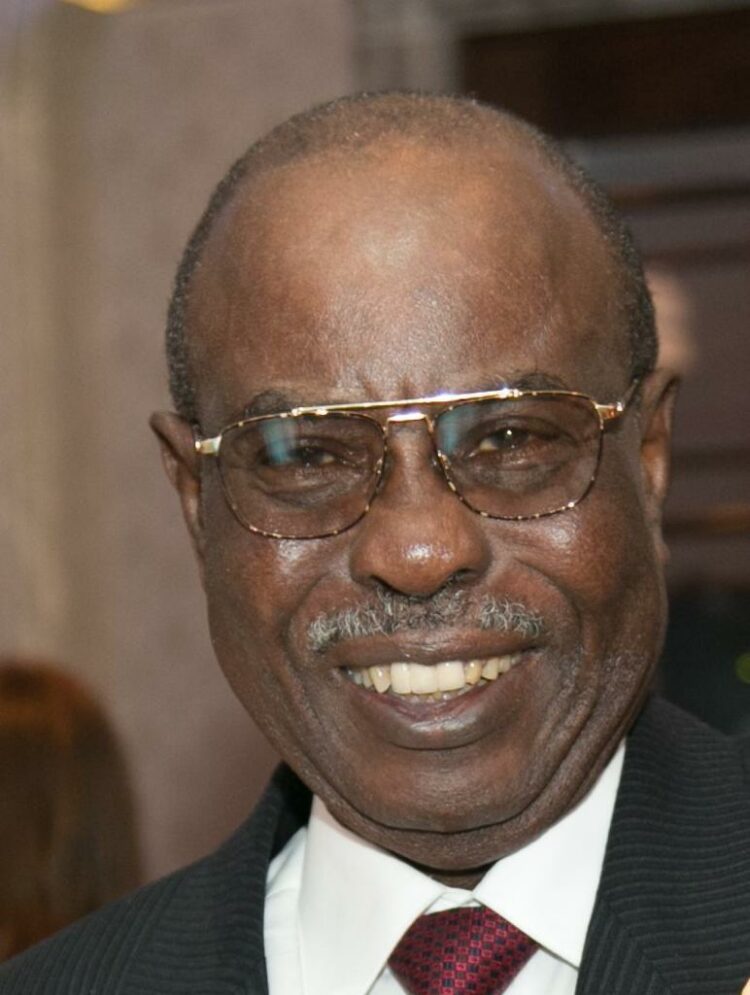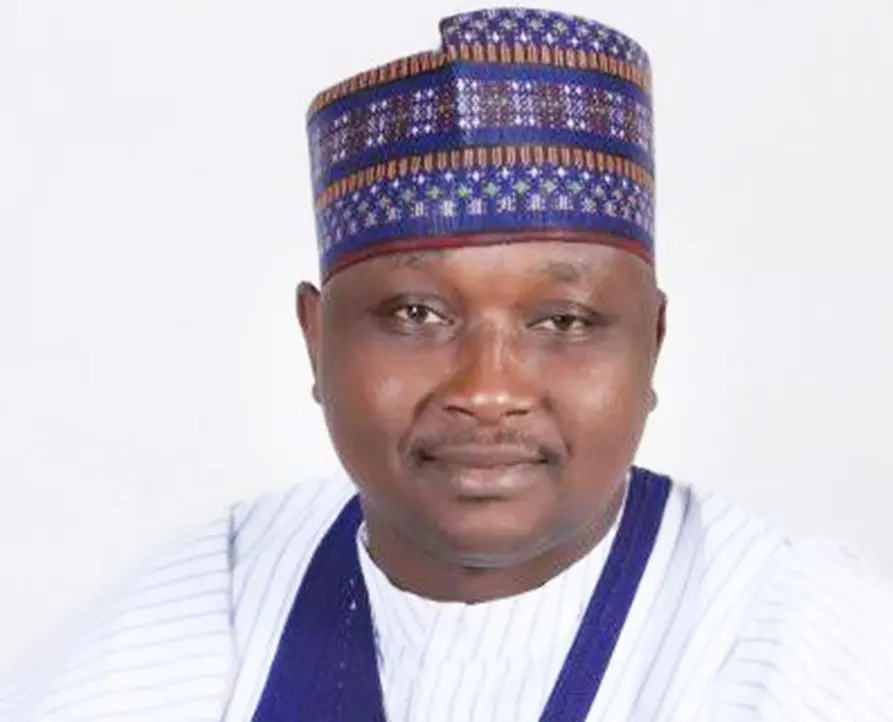Lebanon went to the polls yesterday for its first election since multiple crises dragged it to the brink of failed statehood, with the ruling elite expected to comfortably weather public anger and restore normalcy.
The parliamentary election is a first test for opposition movements spawned by an unprecedented anti-establishment uprising in 2019 that briefly raised hopes of regime change in Lebanon.
However, observers have been warned not to expect any seismic shift, with every lever of power firmly in the hands of traditional sectarian parties and an electoral system rigged in their favour.
After an underwhelming campaign stifled by the nation’s all-consuming economic predicament, 3.9 million Lebanese will be eligible to vote when polls open at 7:00 am (0400 GMT).
Read Also: Pope Postpones Trip To Lebanon Over Health Concerns
The outgoing chamber was dominated by the Iran-backed Shiite movement Hezbollah and its two main allies: the Shiite Amal party of Speaker Nabih Berri and the Christian Free Patriotic Movement of President Michel Aoun.
“It seems almost impossible to imagine Lebanon voting for more of the same — and yet that appears to be the likeliest outcome,” said Sam Heller, an analyst with the Century Foundation.
Since the last election, the country has been mutilated by a blast at the Beirut port that went down as one of the largest non-nuclear explosions in history and deepened one of the most spectacular economic downturns of our time.
Numbed by the daily hardships of the economic crisis, many registered voters have seemed indifferent to an election that they doubted would even be held until a few days ago.
Despite international pressure to reform Lebanese politics, the corruption that sank the country is still rife, including in the electoral process.
The crisis has only widened the gap in purchasing power between the politicians who buy votes and the electorate that sells them.
Top political barons have stalled an investigation into the explosion — two of the main suspects are even running for a seat — and legal proceedings against the Central Bank governor over financial crimes are equally floundering.
One of the most notable changes in the electoral landscape is the absence of former prime minister Saad Hariri, which leaves parts of the Sunni vote up for grabs by new players.

